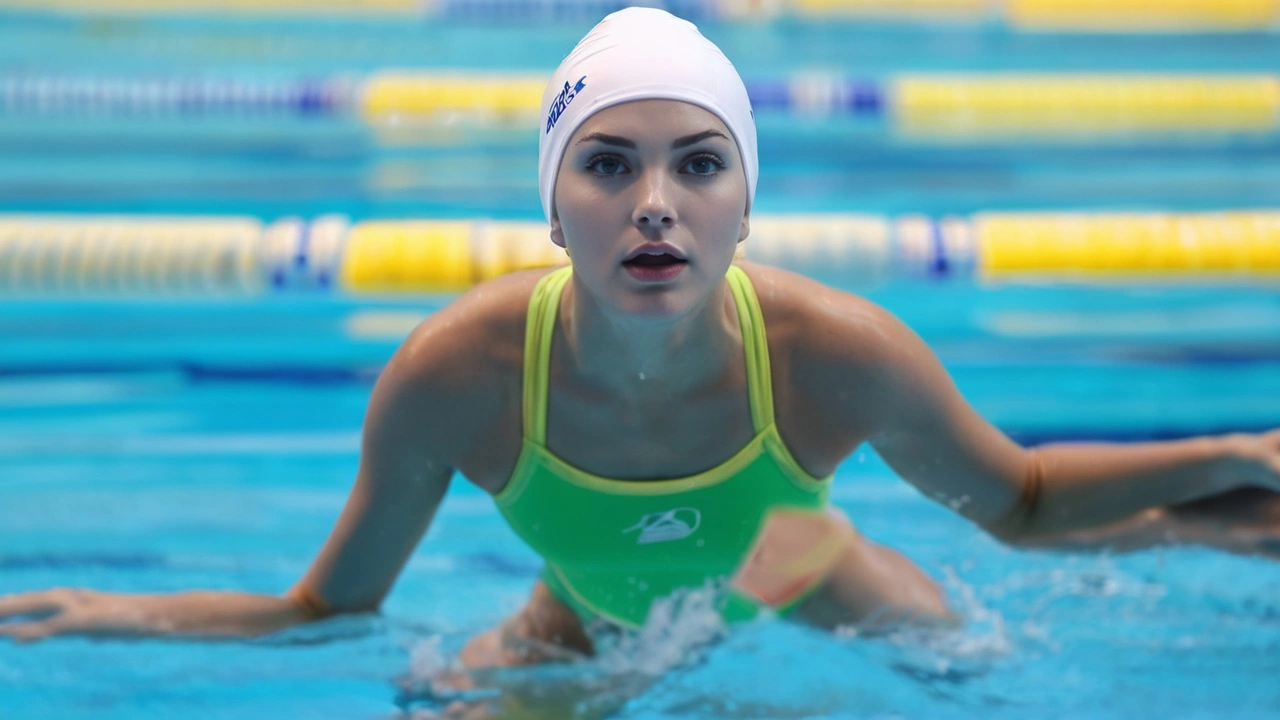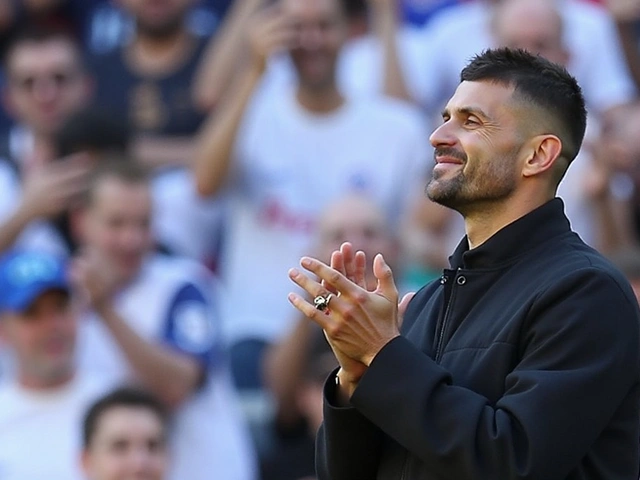Understanding the New Judging System
Have you heard about the new judging system? It's shaking up how contests, competitions, or any evaluations are scored and reviewed. This change aims to make judging clearer and fairer, but it can seem confusing at first. Let's break it down so you know exactly what’s new and how it impacts the process.
What’s Different About the New Judging System?
The biggest switch is in how judges score or evaluate entries. Instead of using vague or inconsistent standards, this system introduces clear, detailed criteria. Each aspect of an entry is measured separately, which means no more lumping everything into one overall score. This helps reduce bias and improves transparency. Everyone understands why a score was given, making the process fairer for participants.
Think of it like a recipe with precise ingredients and steps. Judges follow a checklist that ensures they look at each important factor rather than relying on gut feelings or personal taste alone. For example, in a talent show, judges might now score vocals, stage presence, and originality separately, giving a full picture of a contestant's strengths and weaknesses.
How Will This Affect Competitors and Audiences?
For competitors, the new system means being judged on specific skills or qualities rather than broad impressions. That can be a relief since feedback gets more focused and useful. Instead of wondering why they lost, participants get clear insights on what areas need improvement. It also means a level playing field where every detail counts equally.
Audiences benefit too. When judges share detailed scoring or explanations, it's easier to trust the results. There’s less chance of unfair decisions or confusion. Plus, the process tends to be faster and smoother since judges have a clear guide to follow. This keeps events engaging and boosts confidence in the outcome.
Overall, the new judging system isn't just a technical change—it’s about making sure everyone involved feels the contest or evaluation is honest and well-organized. Whether you’re competing, watching, or hosting, understanding these updates helps you appreciate the effort behind fair judging.

The Evolution of Synchronized Swimming: From Graceful Art to High-Impact Sport
Synchronized swimming, now known as artistic swimming, has drastically evolved, becoming a demanding, high-impact sport with complex and riskier routines. The 2024 Paris Olympics will mark a significant milestone with male athletes competing in team events for the first time. This all adds to the sport's increased competitiveness and thrills.
Categories
- Sports (146)
- Politics (22)
- Entertainment (20)
- World (15)
- News (10)
- Lifestyle (8)
- Business (6)
- Technology (3)
- Health (3)
- Environment (2)
Popular Articles



